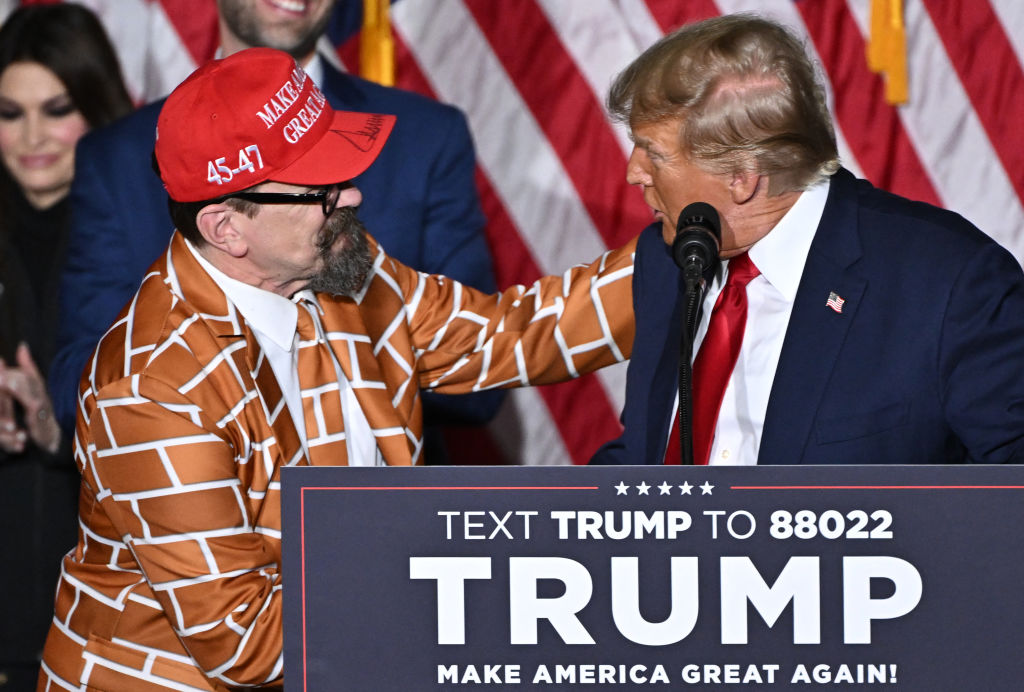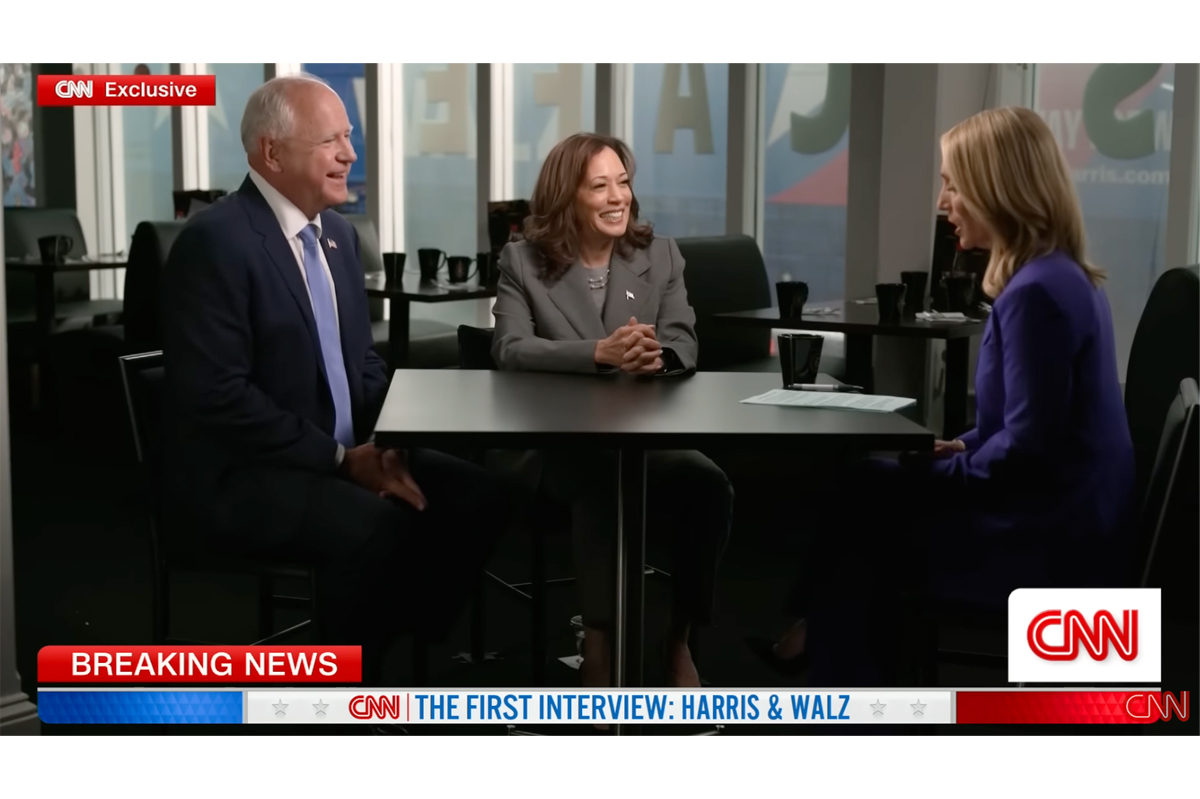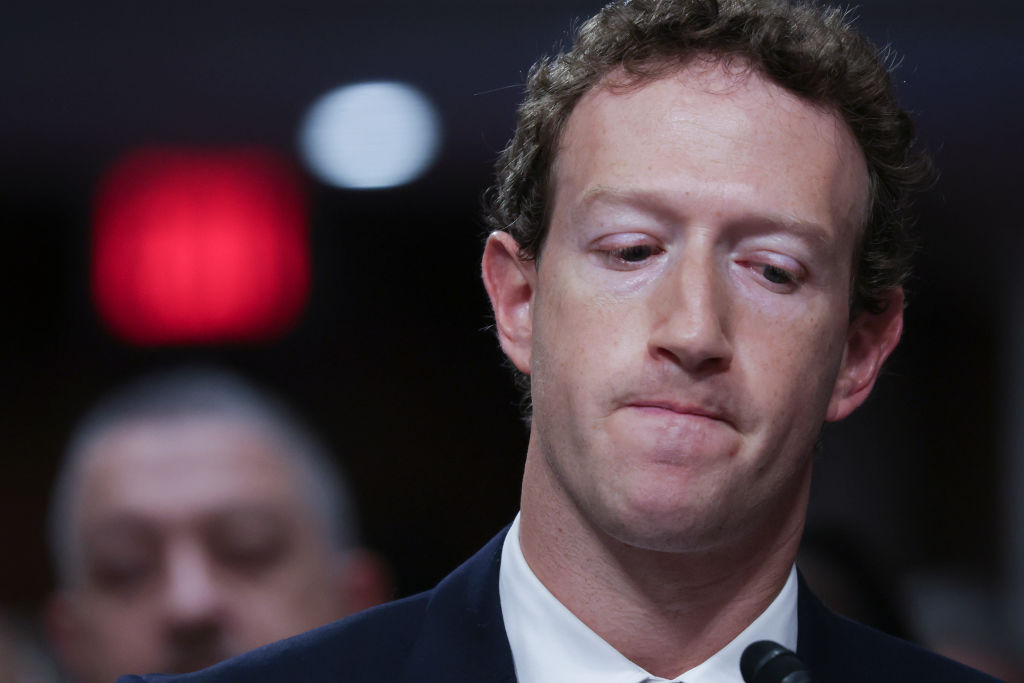The back-to-back nature of the Iowa and New Hampshire contests has in the past fulfilled an important function for Republicans as they choose their presidential nominee: they’ve made clear who the top-tier candidates are for the job, and in several key points, dramatically changed the race. This time around, Iowa failed to do so — and New Hampshire may follow suit.
For Donald Trump, the caucus win went as expected, with a slim majority of the overall vote, in what looks to be the lowest turnout competitive Iowa caucus in a quarter century. It’s a significant victory earning him twenty of the forty delegates up for grabs in the state, but it was somewhat less impressive than it could have been without fourth finisher Vivek Ramaswamy in the race — then, Trump might have sniffed 60 percent. The biotech investor exited the race Tuesday evening after several days of jabs from Trump himself and his camp, clearly irritated that the stalking horse overstayed its welcome.
What didn’t happen in Iowa that easily could have, given the media reports and poll trends in the run-up to the voting, was a total collapse of the Ron DeSantis forces and a surge from Nikki Haley. Despite the chaotic nature of the DeSantis campaign in the past few months, his final push kept him in second, snagging eight delegates and going on to fight another day. The ever-scripted Haley stuck to her message of Iowa making it a two-person race — but she did so looking up from third.
This primary race still has the tone of one that will be resolved by the end of next month. It’s very hard to see how Haley, even with a solid performance in New Hampshire and the backing of the Koch machine’s wealth, can continue her momentum to outright victory in her home state of South Carolina on February 24. It’s also doubtful that it would be helpful for DeSantis’s political future to go down to defeat in his home state of Florida, which votes on March 19. The Michigan primary on February 27 looks like an appropriate finish line for the also-rans.
There will be clamor from Trump’s camp and his supporters that DeSantis and Haley are just wasting their time and money, hurting the Republican cause by continuing this primary. But that rings no different than calls to “stop the count” when you’re ahead. Trump’s own supporters need to understand the importance of beating DeSantis and Haley fair and square if the aim is to hang on to their voters — a harder proposition for the latter, who seems to be benefiting a great deal from voters who are decidedly anti-Trump, and can’t be counted on to remain in the coalition in November.
What’s clear this time around is that Trump’s base of support is vastly different than it was in 2016, as if anyone needed to be disabused of that notion at this late stage. With the rare exception of a few weeks surrounding January 6, Trump has the power and fealty of incumbency in a party whose overwhelming portion is eager for his return and believes, whether legally or not, that he and they were robbed in 2020. Barring a major event in the ongoing Democratic lawfare attack on the former president, the GOP is choosing to nominate him again, unfavorables be damned. It’s a bold strategy, Cotton — let’s see if it pays off for them.


























Leave a Reply